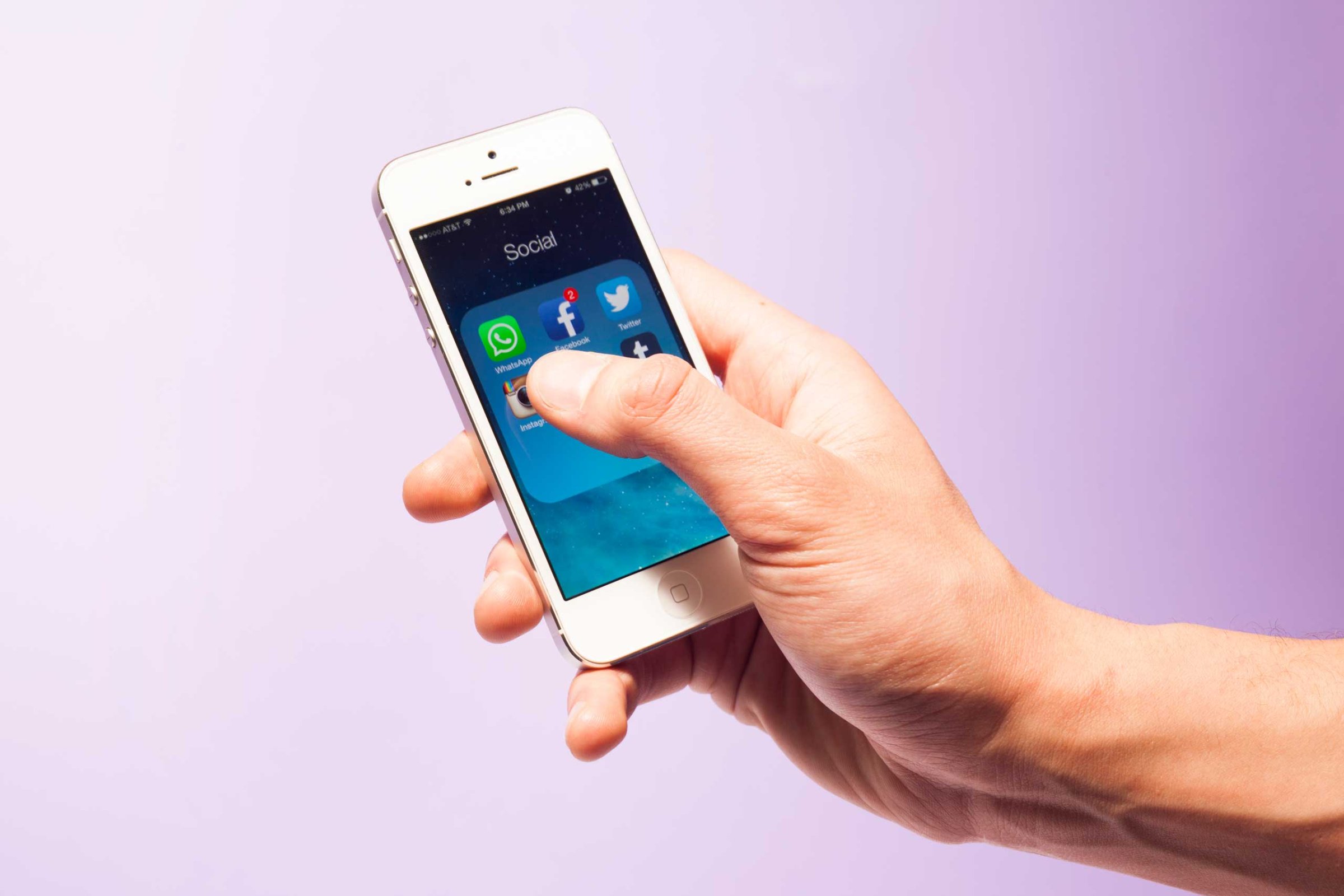
There are a lot of apps on the market now for young folks in search of love: Tinder, Bumble, and OkCupid, to name a few. Though their rationales vary—Tinder and Bumble are both about the swipe, but on Bumble, ladies make the first move, and with OkCupid you can control how much information you reveal up front—they all have at least one thing in common: Potential mates judge one another based on looks.
But Willow, a new app hitting the App Store on Wednesday, is seeking a different approach. Instead of swiping left or right based on the first selfie you see, you’re prompted to answer a set of three questions—written by users—that are designed to spark up a conversation. What’s more, users decide when and if they wish to share photos with other users; at first, the answers to these questions are all future dates see.
The app’s founder Michael Bruch says Willow puts the “social” back in social media. Bruch, now 24, was fresh out of New York University when he launched the app last year. He says he was looking to fill a void he noticed when using dating apps that focused on swipes rather than what you like.
“You can match with a bunch of people that you think are good looking but you don’t really know much about them until you start talking to them,” Bruch tells TIME. “If I’m going to spend time with someone I want to know that we have something to talk about–that’s what’s important to me.”
Bruch is hoping that same interest in conversation is important to a lot of other young people as well. So far, Willow has gained some traction. Over 100,000 users downloaded the beta version of the app that launched in August, sending an average of three messages a day.
What’s more, people are using it for more than just finding love. “It’s become more about social discovery than strictly dating,” Bruch says. “If you just want to get on an have a casual conversation about video games you can, and you can also use it to spark up a romantic conversation with someone that’s less than 30 miles away.”
The version of the app released Wednesday also includes a “Discover” feature that helps users search what’s trending and better sort through questions they’d be interested in answering.
It’s an interesting approach given the perceived shallow nature of today’s millennials—the Me Generation, as TIME’s Joel Stein pronounced in 2013. Today’s dating apps seem to feed into their inner narcissists. And it’s much easier to turn someone down based on just their face rather than after you’ve started up a conversation. To see how users reacted to profiles without photos, OkCupid one of the largest dating sites, hid profile photos temporarily in January of 2013 dubbing it “Blind Date Day.” They found that their members were much more likely to respond to first messages during that time, but the minute the photos were turned back on, conversations ended–like they’d “turned on the bright lights at the bar at midnight,” wrote one Chris Rudder, one of the site’s founders.
Despite that somewhat depressing result, some millennials are finding that the pressure of putting your face out there for the public to judge can be intimidating—and in some instances, dangerous. Just one glimpse at the jerky messages posted to the Instagram account Bye Felipe (which aggregates negative messages women get online) gives a good sense of how frustrating it can be for many people, but particularly for women, trying to navigate in that visual space. People can be aggressive, fetishizing, and downright cruel.
Apps like Bumble seek to help women circumvent that by putting the power of striking up conversation in solely in their hands. But Willow wants to change the focus entirely, from the way someone looks to what his or her interests are. “If your picture is not being blasted out there, the amount of harassment and messages you’re going to get off the break is going to be lower,” Bruch says.
On its surface, the app’s mission sounds like a cheesy line from a rom-com: a hapless sap whining that they wish someone would take interest in their thoughts and not their looks. But, Bruch and Willow’s other founders are hoping it has carved a place among the myriad apps that cater to the millennial generation’s life online.
More Must-Reads from TIME
- Donald Trump Is TIME's 2024 Person of the Year
- Why We Chose Trump as Person of the Year
- Is Intermittent Fasting Good or Bad for You?
- The 100 Must-Read Books of 2024
- The 20 Best Christmas TV Episodes
- Column: If Optimism Feels Ridiculous Now, Try Hope
- The Future of Climate Action Is Trade Policy
- Merle Bombardieri Is Helping People Make the Baby Decision
Contact us at letters@time.com